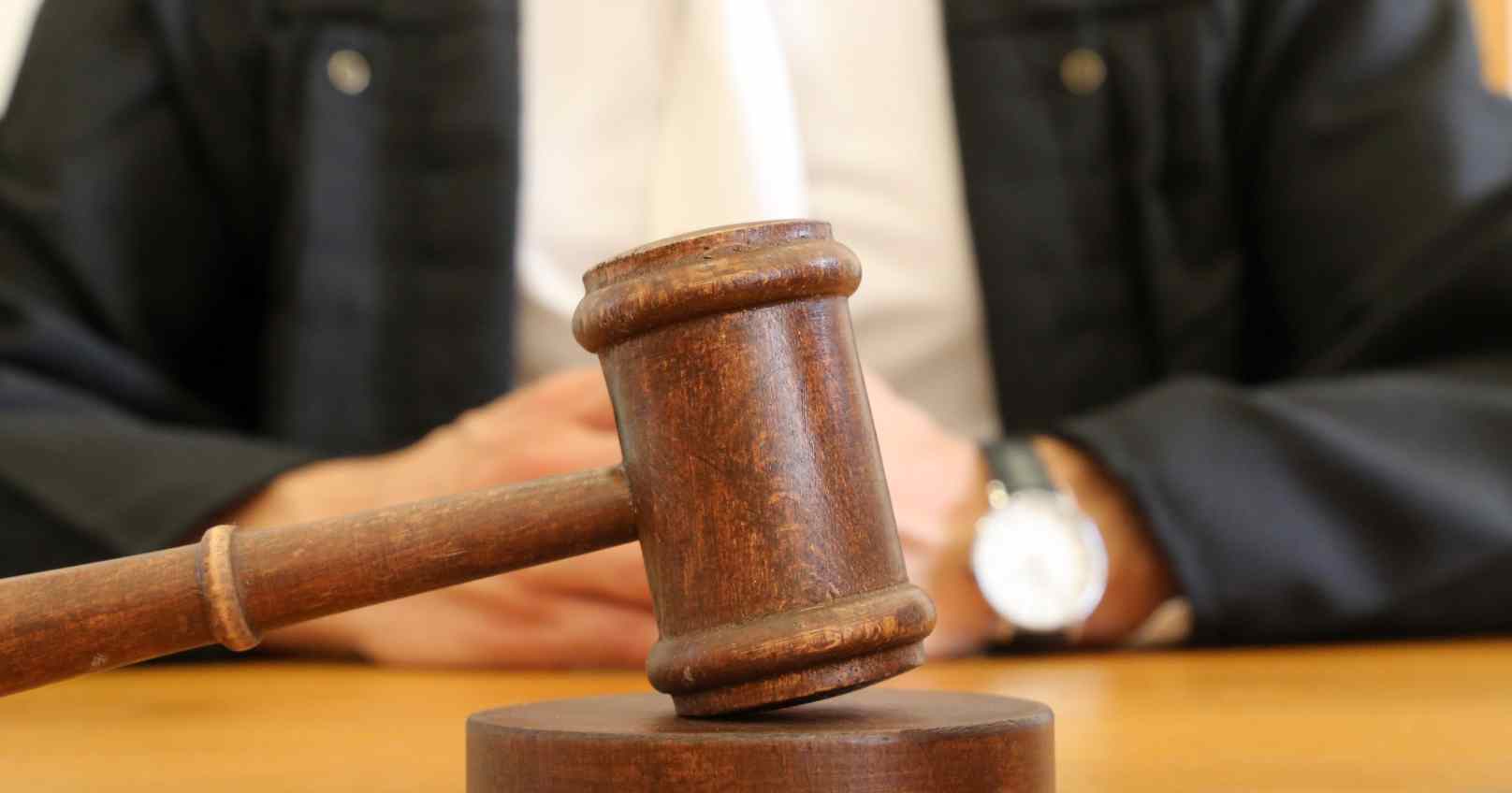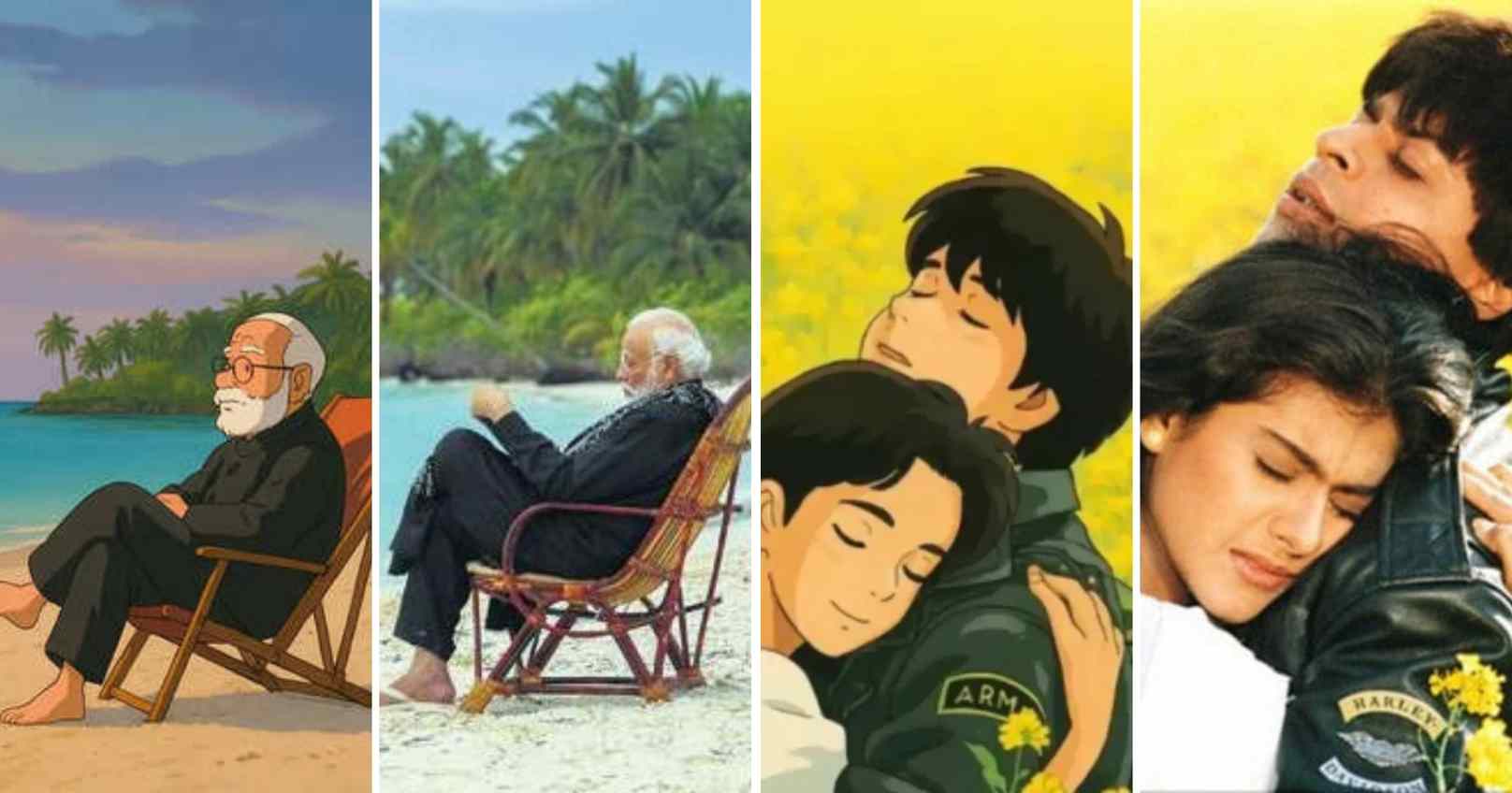Pushing the Limit: India’s States Challenge the Quota Cap
The evolving dynamics of India's reservation system continue to spark debates over constitutional limits, fairness, and electoral motivations
22-11-2024The evolving dynamics of India's reservation system continue to spark debates over constitutional limits, fairness, and electoral motivations
22-11-2024The reservation system of India, meticulously designed to rectify social disparities, currently encounters formidable challenges as various states endeavour to surpass the Supreme Court's mandated threshold of 50%. This is frequently achieved by instituting additional quotas for diverse groups, encompassing those defined by caste, tribe, and occasionally, socio-economic parameters. As the tide of reservations rises, so does the question of their legitimacy. The ongoing challenge lies in balancing fairness with constitutional limits.
The Supreme Court in Indra Sawhney v. Union of India, upheld a 27% quota for backward classes while invalidating a government notification that reserved 10% of government jobs for economically backward classes among the higher castes. The Court established the principle that the total beneficiaries of reservations should not exceed 50% of India's population. In defiance of the doctrinal precedent set by the Hon’ble Supreme Court of India, state efforts have highlighted the necessity to revisit the 1992 verdict by a nine-judge bench, several states, including Maharashtra, Telangana, Rajasthan, Madhya Pradesh, Tamil Nadu, Haryana, and Chhattisgarh, have enacted laws exceeding the 50% reservation limit. Tamil Nadu's 69% reservation, which predates the Indra Sawhney ruling, is under Supreme Court review, following the Maratha quota case. In 2000, the Supreme Court ruled unconstitutional a 100% reservation in Andhra Pradesh. While the 50% ceiling is not statutory, it was established by the Court and is binding, though exceptions can be made in rare circumstances. The key issue is identifying when and by how much this limit can be justifiably exceeded.
The Hon’ble Supreme Court in the case of Jaishri Laxmanrao Patil vs. Union of India (2021), addressed the issue of the state of Maharashtra's reservation policy for the Maratha community. The state implemented a 16% reservation for Marathas, which, when combined with existing reservations for Scheduled Castes and Scheduled Tribes, it significantly exceeded the 50% ceiling established by earlier Supreme Court judgments, including Indra Sawhney. The Supreme Court found that Maharashtra’s policy, which pushed the total reservation to 68%, violated the 50% limit on reservations. The Court ruled that any increase beyond this ceiling must be justified by exceptional circumstances, which were not sufficiently demonstrated in this case. In V. Narayana Rao And Anr. vs State of Andhra Pradesh And Anr, the court ruled that Andhra Pradesh's reservation policy, which raised reservations for Backward Classes to 44%, combined with 21% for Scheduled Castes and Scheduled Tribes, resulting in a total of 65%, was unconstitutional. In Chebrolu Leela Prasad Rao vs State of Andhra Pradesh, the Supreme Court struck down Andhra Pradesh's policy of providing 100% reservation for Scheduled Tribe (ST) candidates in teaching posts in scheduled areas. The court ruled that this exceeded the 50% reservation ceiling established in the Indra Sawhney case, which allows reservations to go beyond 50% only in exceptional circumstances. It held that while slight adjustments may be allowed, the state's policy was excessive and violated constitutional limits.
The Tamil Nadu’s reservation policy, set at 69% since 1990, was safeguarded by the state’s legislation in 1993, which was supported by the Union government and placed in the Ninth Schedule of the Constitution to prevent judicial review. However, in 2007, the Supreme Court ruled that while legislation in the Ninth Schedule could be reviewed, it must conform to the Constitution's basic structure. A challenge to Tamil Nadu’s policy has been pending before the Supreme Court since 2012. In July 2019, West Bengal's introduction of a 10% reservation for economically weaker sections (EWS) pushed the total reservation beyond the Supreme Court’s 50% cap. This move placed West Bengal alongside Tamil Nadu, Maharashtra, and Telangana, which had also exceeded the 50% cap. The state of West Bengal’s policy violated constitutional limits and raised concerns about the impact and fairness of exceeding the ceiling.
BIHAR RESERVATION CASE STUDY
In November 2023, the state government of Bihar introduced two laws that raised reservation quotas in jobs and educational institutions to 75%. This major increase has sparked renewed debate over the limits of India’s reservation policies. The move challenges the Supreme Court's long-standing 50% cap, bringing into focus questions about balancing social justice with merit and constitutional boundaries. However, the structure of reservation dynamics was blustered recently by the Patna High Court verdict in the case of Gaurav Kumar & Anr v The State of Bihar & Ors, wherein the Hon'ble Patna High Court, struck down the excessive 65% reservation provided by the State government therein. Raising the reservation cap from 50% to 65% based on "adequate" rather than "proportionate" representation for Socially & Educationally Backward Classes contradicts the Supreme Court's ruling in Indra Sawhney. The Court had emphasized that reservations under Article 16(4) must be based on adequate, not proportionate, representation. Increasing the ceiling beyond 50% violates the constitutional principles of equality under Articles 14 and 15, rendering the move unreasonable and arbitrary.
The Government released a set of Caste Census, revealing the percentage of All Backward Classes (SC, ST, OBC & EBC) to be 63.13% and the General Category Castes to be 15.52% (Cumulative percentage of all castes). While caste is a key criterion for identifying social backwardness, it cannot be the sole factor, as religions other than Hinduism do not recognize caste distinctions. The Bihar survey, which assessed the social, economic, and educational progress of various caste and religious groups, revealed that backwardness exists not only among Hindu castes but also in other religions. The Bihar government failed to adequately address the representation and needs of minorities in these other religions.
With no appointment of any commission or committee to examine the demographic progress of socially, educationally, and economically deprived classes, the Bihar government has failed significantly. By acting on the very eve of elections, the state has endorsed caste-based politics over the idea of a casteless society, using caste divisions for electoral gains, and an undermined merit-based preference and reflected political favoritism towards a specific class, has driven the electoral compulsions.
The Hon’ble Court interpreted the term "subjective satisfaction" as used in the case of Barium Chemicals vs. CLB. The Central Government has been found to have significant discretion in ordering investigations, with courts only able to review whether the circumstances for such decisions exist, not the reasoning behind them. This limited judicial oversight, combined with the potential for misuse of authority, means that decisions can be made without the need for transparency or sufficient justification. This lack of accountability raises concerns about fairness and the unchecked power of the government in such matters.
BACKGROUND
Article 15(4) and 16(4) of the Indian Constitution authorizes special measures for the advancement of socially and educationally backward classes (SEBCs). These provisions reflect the framers’ commitment to addressing historical injustices, particularly those perpetuated by the rigid caste system.
In the case of M.R. Balaji vs. State of Mysore (1963), the Supreme Court set a 50% upper limit on reservations, highlighting the tension between ensuring equality of opportunity and providing reparations for long standing deprivation. This balance has been a central theme in judicial evaluation of affirmative action measures introduced by both Central and State Governments. A significant development in this discourse occurred in the Indra Swahney v. Union of India case, where a 9-Judge Constitution Bench reiterated the 50% cap on reservation but acknowledged the complexity of balancing historical redress with the need for a fair system. Following the Mandal Commission’s recommendation, the government implemented a 27% reservation for OBCs, which combined with existing reservations, brought the total to 49.5%.
The 77th (1995) and 81st (2000) amendments allowed reservations in promotions for SCs/STs and addressed backlog vacancies but did not authorize breaching the 50% ceiling. The Supreme Court in M. Nagaraj (2006) outlined that exceeding this limit requires solid justification based on backwardness, inadequate representation, and administrative efficiency. Simply having data isn't enough—affirmative action must balance historical injustices with fairness to all.
CONCLUSION
Dr. B.R. Ambedkar, a principal architect of the Indian Constitution, emphasized that reservations are not about economic upliftment but about ensuring representation for historically marginalized communities in administration and governance. The temporary nature of reservations, as outlined in Article 334 with its 10-year limit for reserved seats in Parliament and state legislatures, shows the need for evolving laws.
Given ongoing inconsistencies in how high courts interpret reservation policies, the Supreme Court should revisit the Indra Sawhney (1992) judgment to clarify the boundaries of affirmative action. This reassessment should also evaluate whether states are upholding or undermining the federal structure in their implementation of reservations. The focus must be on ensuring that such policies are fair and balanced, evolving with time to reflect both the spirit of the Constitution and the needs of a diverse society.


Litigation Before Adjudication-A Long Due Legal Mandate
Read More
As AI-generated art gains popularity, especially through tools that mimic Studio Ghibli’s iconic s
Read More
India’s fintech Self-Regulatory Organisations (SROs) are being reimagined as key policy influencer
Read More